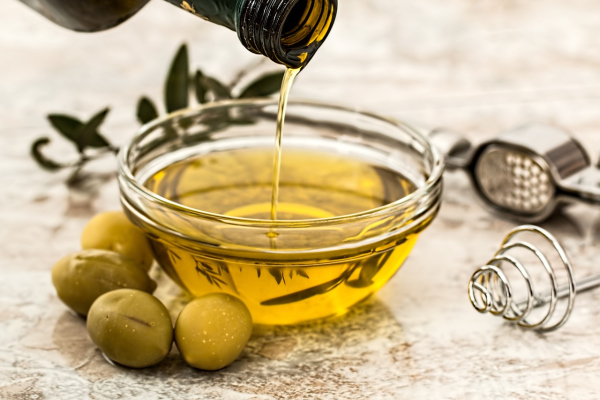 |
The Finest Harvest in Every Bottle:PDO/DOP Certified Extra Virgin Olive Oils |
 |
The Finest Harvest in Every Bottle:PDO/DOP Certified Extra Virgin Olive Oils |

The Environmental Impact of Olive Oil ProductionSustainable Farming PracticesMany olive oil producers are adopting sustainable farming methods to reduce their environmental footprint. These practices include organic farming, water conservation, and the use of cover crops to improve soil health. Sustainable farming not only benefits the environment but also enhances the quality and flavor of the olive oil. Water UsageOlive trees are relatively drought-tolerant and require less water compared to other crops. However, water usage in olive groves can still be significant, especially in regions with scarce water resources. Efficient irrigation methods, such as drip irrigation, can help reduce water consumption and ensure the long-term sustainability of olive farming. Soil HealthHealthy soil is essential for the growth and productivity of olive trees. Sustainable farming practices, such as the use of organic fertilizers and crop rotation, help maintain soil fertility and prevent erosion. Cover crops and mulching can also improve soil structure and moisture retention, contributing to the overall health of the olive grove. BiodiversityPromoting biodiversity in olive groves is another important aspect of sustainable farming. Planting a variety of crops and maintaining natural habitats for beneficial insects and wildlife can help create a balanced ecosystem. This approach reduces the need for chemical pesticides and supports the overall health of the environment. Carbon FootprintThe production and transportation of olive oil can contribute to greenhouse gas emissions. However, sustainable practices such as using renewable energy, reducing chemical inputs, and local sourcing can help minimize the carbon footprint. Many producers are also exploring ways to sequester carbon in the soil through regenerative agriculture techniques. Waste ManagementOlive oil production generates various types of waste, including olive pomace and wastewater. Proper waste management practices, such as composting and recycling, can help reduce environmental impact. Some producers are also developing innovative ways to repurpose olive byproducts, such as using olive pomace for biofuel or animal feed. Expert InsightsEnvironmental scientist Dr. Alex Green explains, "Sustainable olive farming practices are essential for maintaining soil health and biodiversity. By adopting these methods, producers can minimize their environmental impact while producing high-quality olive oil." Consumer ResponsibilityConsumers play a crucial role in supporting sustainable olive oil production. By choosing olive oils that are certified organic or produced using sustainable practices, consumers can encourage more producers to adopt environmentally friendly methods. Reading labels and researching brands can help consumers make informed choices. Understand more about EVOO in our Understanding Extra Virgin Olive Oil article. Find out how to choose the best EVOO in our Buyer’s Guide and explore the economic impact of olive oil production in The Economic Impact of the Olive Oil Industry. |
Disclaimer: Some articles on this site mention various health benefits of extra virgin olive oils. Some of the benefits have been researched and some are from individual's personal experiences. In any case, these articles are not intended to act as a medical reference. If you are using, or are considering using olive oil for specific health related issues, you are advised to speak with your health care provider for advice pertaining to your situation. These articles are for educational purposes only.